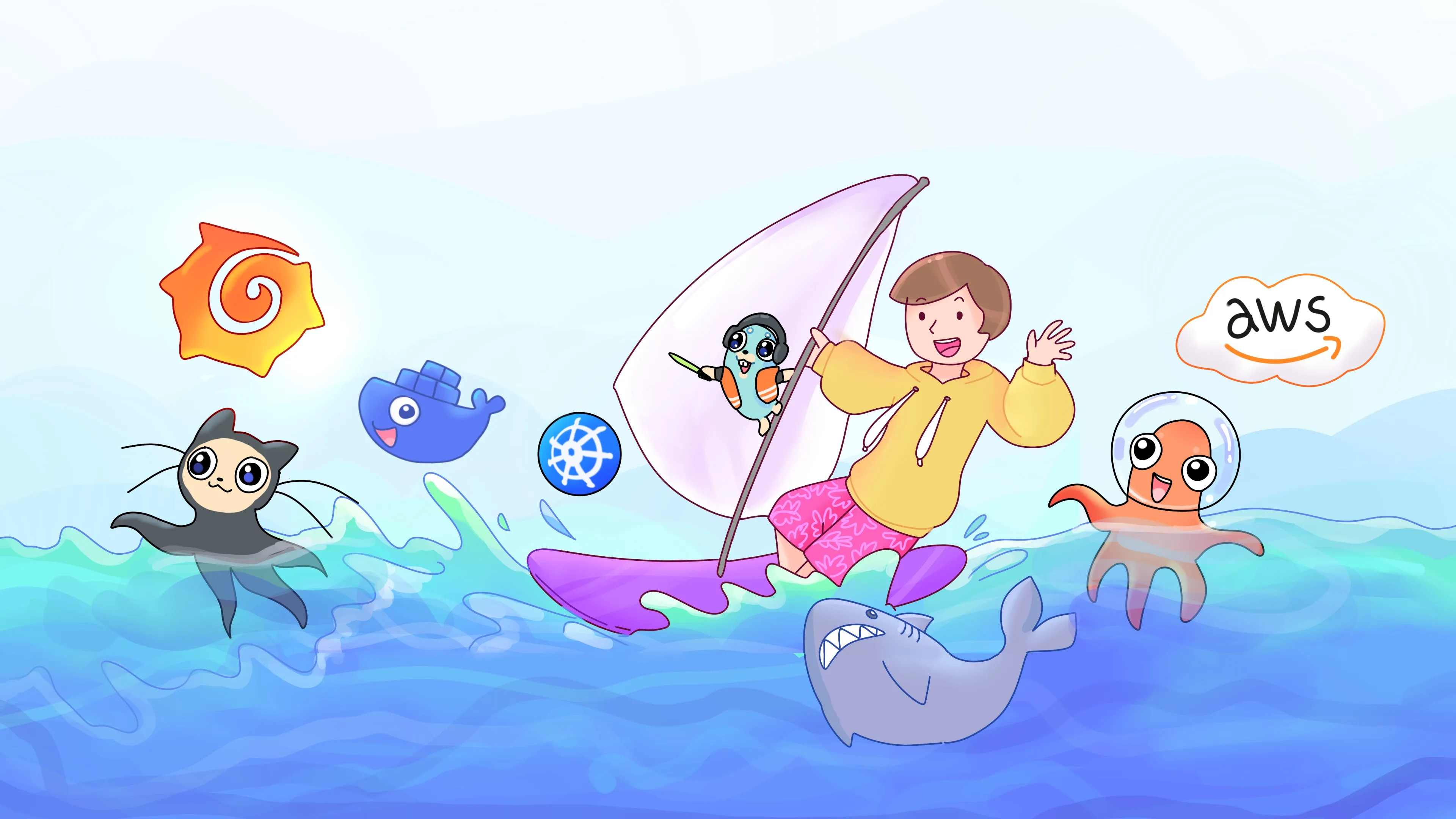Distinctions Between Terminal, Command Line, Shell, and Prompt

New to Linux and confused by all the overlapping terms? You’re not alone. People throw around terminal, shell, command line, and prompt like they’re interchangeable — but they’re not. If you’re going to live in the CLI, you should know what each one actually means.
Let’s break it down once and for all — clearly, quickly, and without the fluff.
Terminal: The Box That Lets You Talk to the Machine
The terminal is just a window — a UI that lets you type into a shell. It doesn’t execute anything by itself. Think of it as a container for your CLI session.
Modern terminals are graphical applications that simulate the old-school physical terminals (yes, actual hardware) that used to connect to mainframes. You’re using a terminal emulator — examples:
The terminal launches your shell and shows its output. That’s it.
Shell: The Thing That Actually Runs Your Commands
The shell is the real workhorse. It’s a program that parses the commands you type, runs them, and returns output. It also supports scripting, variables, functions, and other niceties — which is why it’s both an interactive tool and a scripting language.
Common Linux shells include:
- bash – the default on many distros
- zsh – feature-rich, used in macOS
- fish – user-friendly, no need to memorize syntax
- sh – minimal, legacy-compatible
When you open your terminal, it starts a shell session. When you type ls, the shell interprets it, runs the ls binary, and sends output back to the terminal.
Prompt: The “Ready for Your Input” Signal
That blinking text before you type anything? That’s the prompt.
It tells you the shell is waiting. Prompts often show useful info:
valdemar@devbox:~/projects $valdemar= usernamedevbox= hostname~/projects= current directory$= non-root user (use#if root)
You can customize prompts in every shell. Some people add Git status, battery life, or even weather (don’t).
On ancient systems, your prompt might just be a lonely % or >. Don’t judge.
Command Line: The Concept, Not the App
The command line isn’t an app or a binary. It’s a concept — an interface for typing commands, as opposed to clicking buttons.
You can have a command line in:
- A terminal (Linux, macOS, WSL, etc.)
- A dedicated console (like the Windows Command Prompt)
- Your programming language REPL (Python, Ruby, etc.)
The command line is where you enter text commands and get text output. That’s it.
Putting It All Together
Here’s what happens when you “open the terminal” on your Linux system:
- You launch a terminal emulator
- It starts a shell
- The shell shows a prompt
- You enter a command on the command line
- The shell runs the command and shows the result

TL;DR — Cheat Sheet
| Term | What It Is | Example |
|---|---|---|
| Terminal | The window or emulator app | GNOME Terminal, iTerm2, Konsole |
| Shell | The program that runs your commands | bash, zsh, fish, sh |
| Prompt | The text telling you the shell is ready | valdemar@devbox:~$ |
| Command Line | The interface where you type commands | ls -al, git status |
Final Thoughts
Knowing the difference isn’t just academic — it helps you troubleshoot. If your terminal won’t launch, that’s one issue. If your shell crashes, that’s another. If your prompt breaks, your config’s probably janky. If nothing responds, maybe you need coffee.
Now that you’ve got the basics down, go write a shell script, alias ll to ls -alh, and stop calling everything “the terminal thing.”
You’re one step closer to speaking Linux like a native.
Social Channels
- 🎬 YouTube
- 🐦 X (Twitter)
- 🐘 Mastodon
- 🧵 Threads
- 🧊 Bluesky
- 🎥 TikTok
- 📣 daily.dev Squad
- ✈️ Telegram
- 🐈 GitHub
Community of IT Experts
- 👾 Discord
Is this content AI-generated?
No. Every article on this blog is written by me personally, drawing on decades of hands-on IT experience and a genuine passion for technology.
I use AI tools exclusively to help polish grammar and ensure my technical guidance is as clear as possible. However, the core ideas, strategic insights, and step-by-step solutions are entirely my own, born from real-world work.
Because of this human-and-AI partnership, some detection tools might flag this content. You can be confident, though, that the expertise is authentic. My goal is to share road-tested knowledge you can trust.

